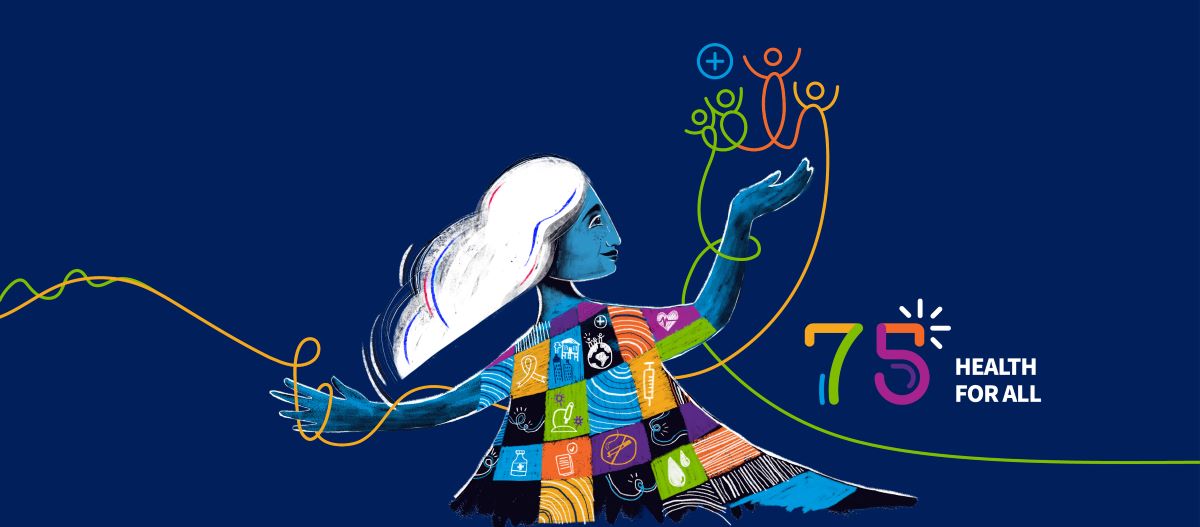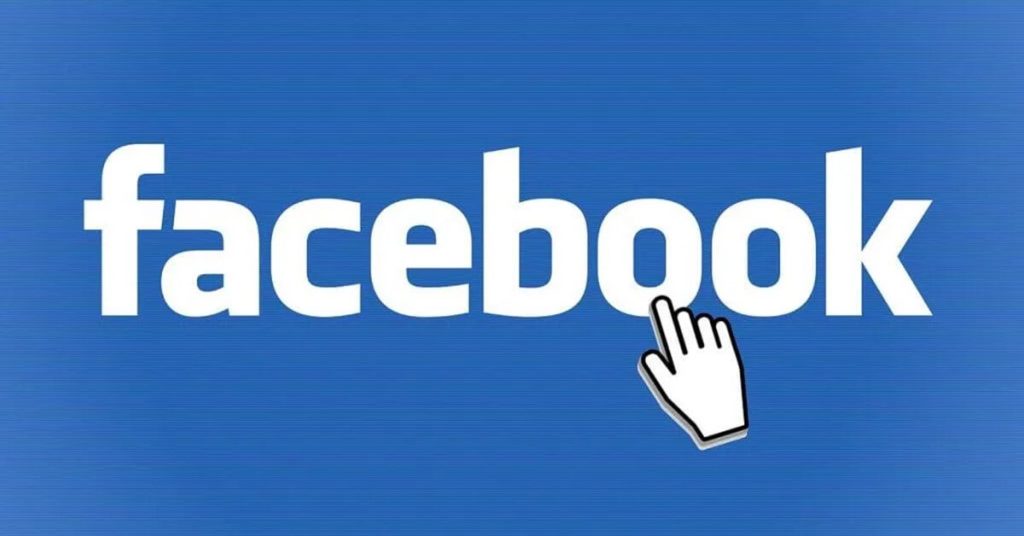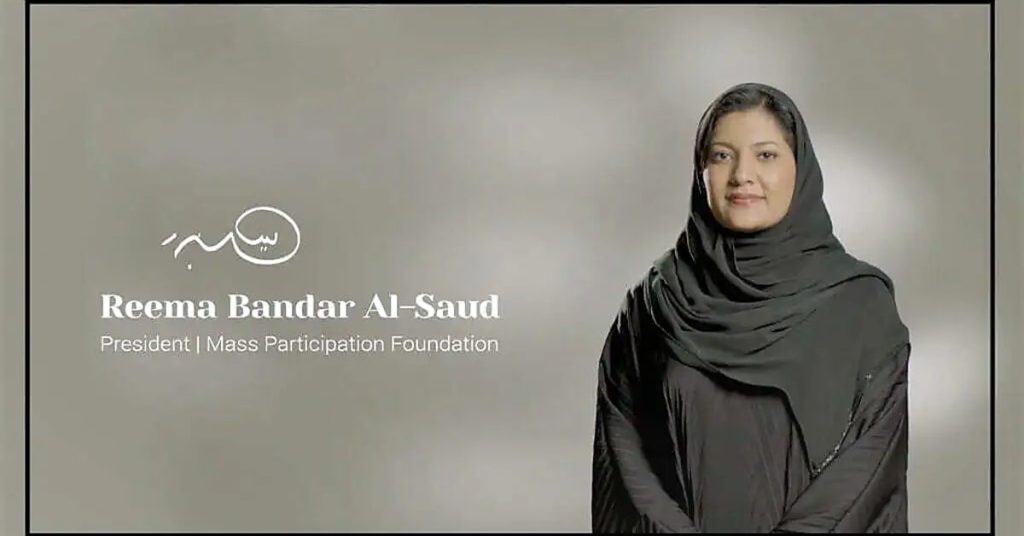On 7th April, the world is going to observe International Health Day to commemorate the 75th founding anniversary of the World Health Organisation in 1948, with a view to promoting healthier lifestyles across the globe with the slogan “health for all.” As we continue to face numerous health challenges, the need to promote health and mental and physical well-being is now more crucial than ever. Every year on April 7th, the world celebrates International Health Day, a day dedicated to raising awareness of health issues and promoting healthier lifestyles across the globe.
In fact, thoughts and concerns about health have become one of the crucial aspects of life. Without good health, happiness cannot be achieved when it’s the ultimate purpose of human living. When health and being healthy is one of the important aspects of human lives, remaining healthy and physically well cost a fortune for the poor section of people in countries like Bangladesh where Universal Health Care is still a distant dream.
Though researches on the determiners of happiness show that health plays an insignificant role in being happy, physical and mental well-being cannot be disregarded as a vital factor towards our happiness. Remaining healthy is a matter of fortune.
Just as the Greek physician Hippocrates said, “healing is a matter of time, but it is sometimes also a matter of opportunity”. Indeed, healing and the opportunity of getting healed is a matter of luck and as costly as beyond one’s means and ability. In a data analysis article, I wanted to show how costly and dreamy our healthcare facilities can be for the poor section of people in countries like Bangladesh; how lack of proper healthcare affects the household well-being and affects the future of school-going children is incomprehensible.
Sadly, the poor people have to bear the brunt of corruption of the sector, absenteeism of doctors, maltreatment by the healthcare providers, lack of adequate doctors and nurses, negligence, unnecessary administration or prescription of medications, unwarranted and unexpected admission costs in private facilities, unnecessary operations, waylaying of brokers and unhygienic conditions in public facilities and chamber trading and lack of punitive measure for the errant public doctors in Bangladesh.
As one of the inevitable spending, along with the cost of subsistence, what one must put into consideration is the probable cost of his health if it shows any signs of the necessity of care and what he must put at stake to treat his illness. In many instances, people without money to treat their illness have either to accept permanent disability or death while in other instances people are pushed to impoverishment because of excessive healthcare-related spending. The cost of health is still unbeatable for people like me, while free Universal Health Coverage is a distant dream.
Defined by WHO, Universal Health Coverage is people’s access to the full range of quality health care services they need anywhere and anytime without financial hardship. “It covers the full continuum of essential health services, from health promotion to prevention, treatment, rehabilitation, and palliative care across the life course.”
Though the UN the agenda focuses on ensuring “access to quality essential health-care services and access to safe, effective, quality and affordable essential medicines and vaccines for all”, only the following countries made it to the list of countries with universal health care. The nations are Austria, Belarus, Bulgaria, Croatia, Czech Republic, Denmark, Finland, France, Germany, Greece, Iceland, Isle of Man, Italy, Latvia, Lithuania, Luxembourg, Malta, Moldova, Norway, Poland, Portugal, Romania, Russia, Serbia, Spain, Sweden, Switzerland, Ukraine, and the United Kingdom. The worldpopulationsreviews presents more or less the same nations.
Algeria, Argentina, Australia, Bhutan, Brazil, Costa Rica, Cyprus, Denmark, Italy, Kuwait, Macau, Maldives, Mauritius, New Zealand,, Saudi Arabia, Seychelles, Spain, Sri Lanka, Thailand, Trinidad and Tobago and the United Kingdom provide free healthcare facilities on various conditions, observed by International Citizen Insurance.
On it seventieth founding anniversary in September 2015, The UN decided to formulate Global Sustainable Goals known as the 2030 Agenda under the title of “Transforming our world: the 2030 Agenda for Sustainable Development “ in its New York Headquarters. The third of the 17 goals includes, “Ensure healthy lives and promote well-being for all at all ages”. Clause 3.8 has been dedicated to “achieve universal health coverage, including financial risk protection, access to quality essential health-care services and access to safe, effective, quality and affordable essential medicines and vaccines for all”, indicating that Universal Health Coverage or the right to our health care is a human right just as any other agendas.
Inadequate health workforce, movement spending, and high cost of medicine and health products remain the obstacles to attaining healthcare. The UK has the best free healthcare coverage, whereas in the USA it’s not truly free.
Due to healthcare-related spending, people are being pushed into more poverty and household hardship. WHO reiterated that 2 billion people are facing catastrophic and impoverishing health spending. WHO also estimates that 100 million people are pushed into extreme poverty each year because of out-of-pocket spending on health.
According to Health Statistic 2022, Out-of-pocket spending is an inequitable and inefficient way to finance health care. It accounts for 44% of health expenditure on average and continues to be the largest source of health expenditure in the least-income countries whereas in high-income countries out-of-pocket (OOPS) spending has gradually diminished as a share of overall health spending.
Globally, in 2017, almost one billion people spent more than 10% of their household budgets on health care; among them, 290 million spent more than 25% of their budgets on health while a further 435 million people were pushed deeper into extreme poverty and 930 million people worldwide were at risk of falling into poverty due to out-of-pocket health spending. Obviously, global healthcare spending has increased as did in Bangladesh to 74%.
In the end, people must understand that good health is a precondition for a fulfilling life in a peaceful, prosperous, and sustainable world and, the right to health is a basic human right. Everyone must have access to the health services they need when and where they need them without financial hardship. Universal health coverage is a political and social choice. We need strong political leadership and public demand for it. Universal health coverage (UHC) offers financial protection and access to quality essential services, lifts people out of poverty, promotes the well-being of families and communities, protects against public health crises, and moves us toward #HealthForAll.
And the states must consider that investing in strong health systems is critical for a prosperous society in order to increase public financing for health and lower out-of-pocket health costs saves lives while advancing the Sustainable Development Goals beyond health.
Just as WHO recommends, the governments of the states are ethically bound to increase in “health taxes” on tobacco, alcohol, added sugar, and fossil fuels. Because these taxes bring in much-needed public revenues. Between 2023-2030 there is a projected shortfall of 10 million health workers worldwide. Investment in education and job creation for the health sector is needed. As the citizens of the states have a right to claim their healthcare facilities, the states cannot ignore the enormity of citizens’ burden of healthcare costs and must take steps to reduce that at any cost.






